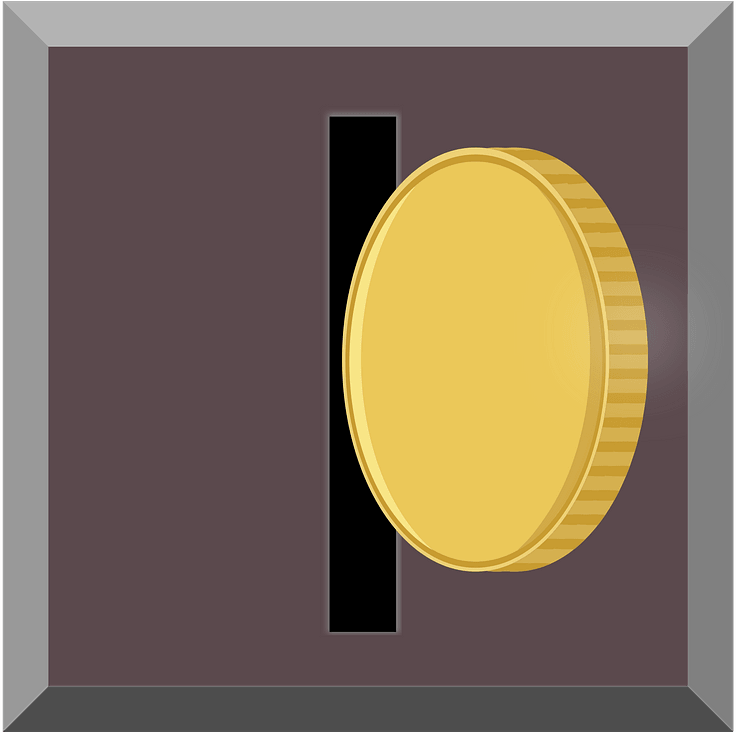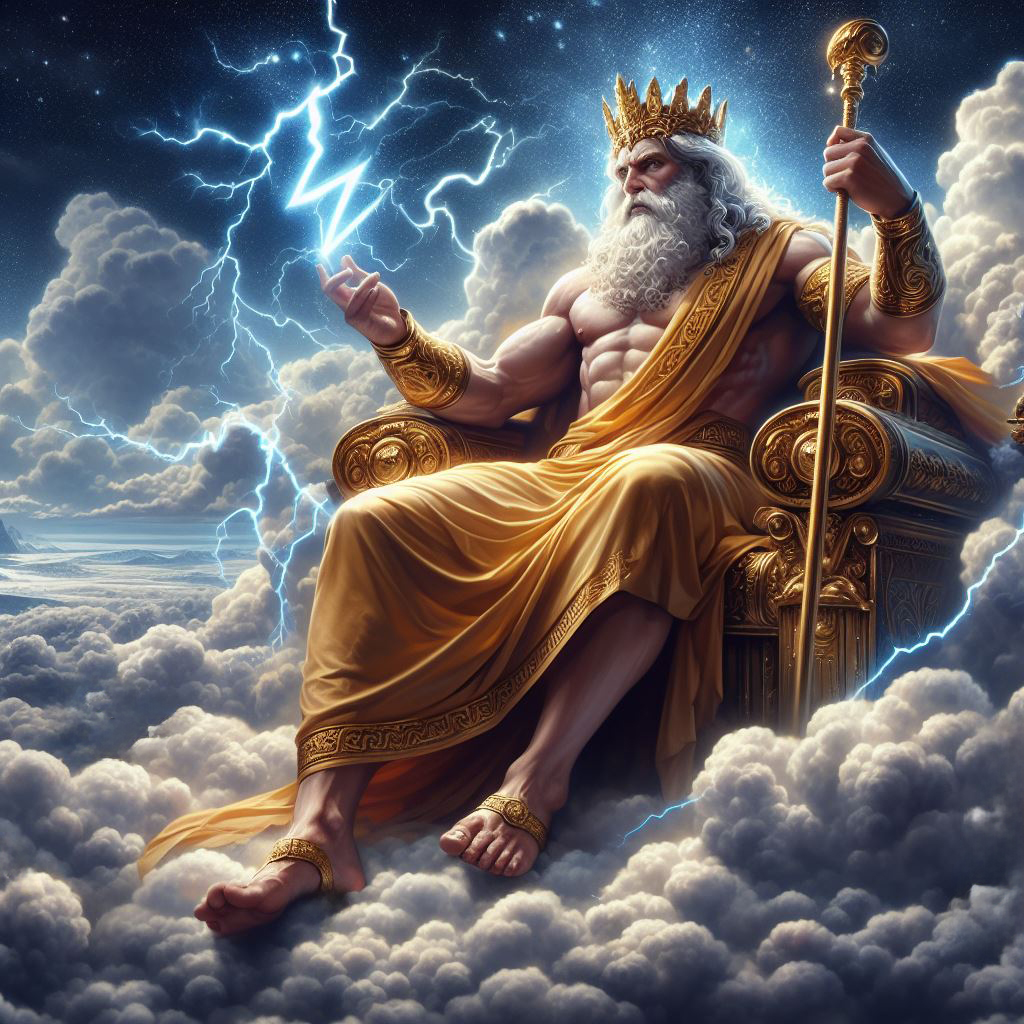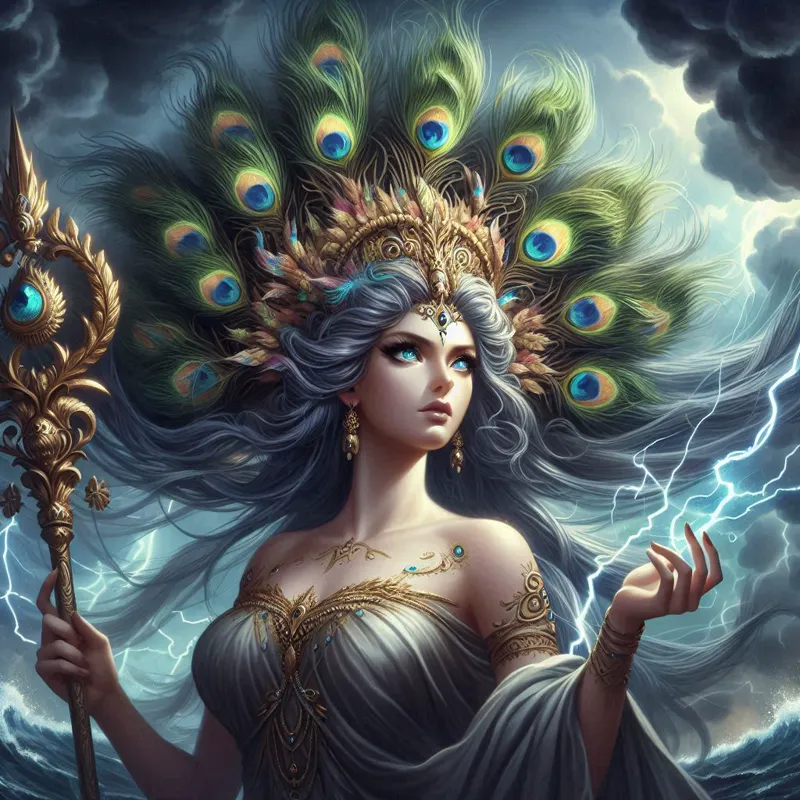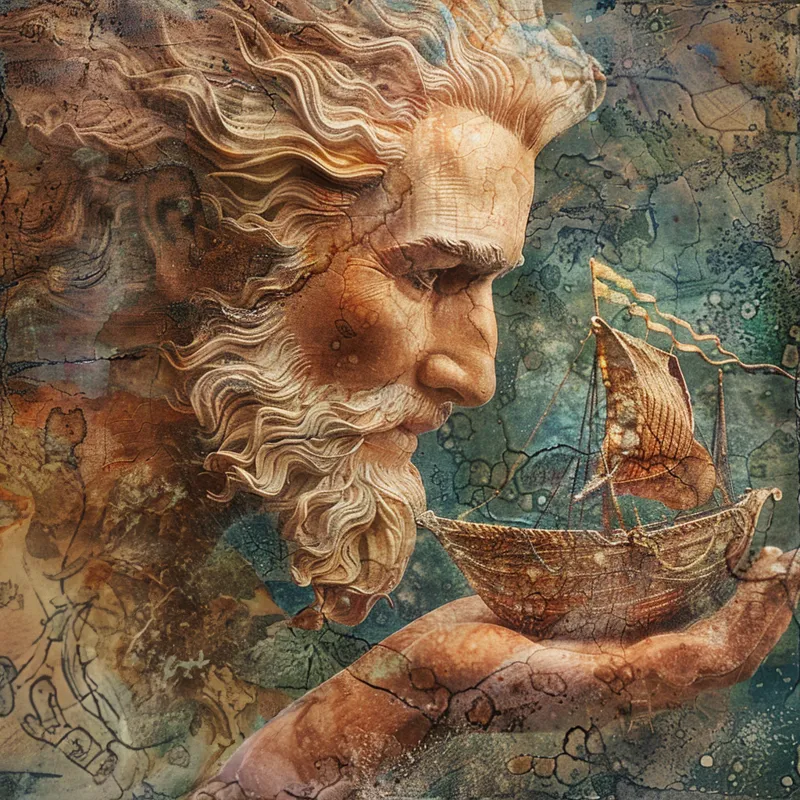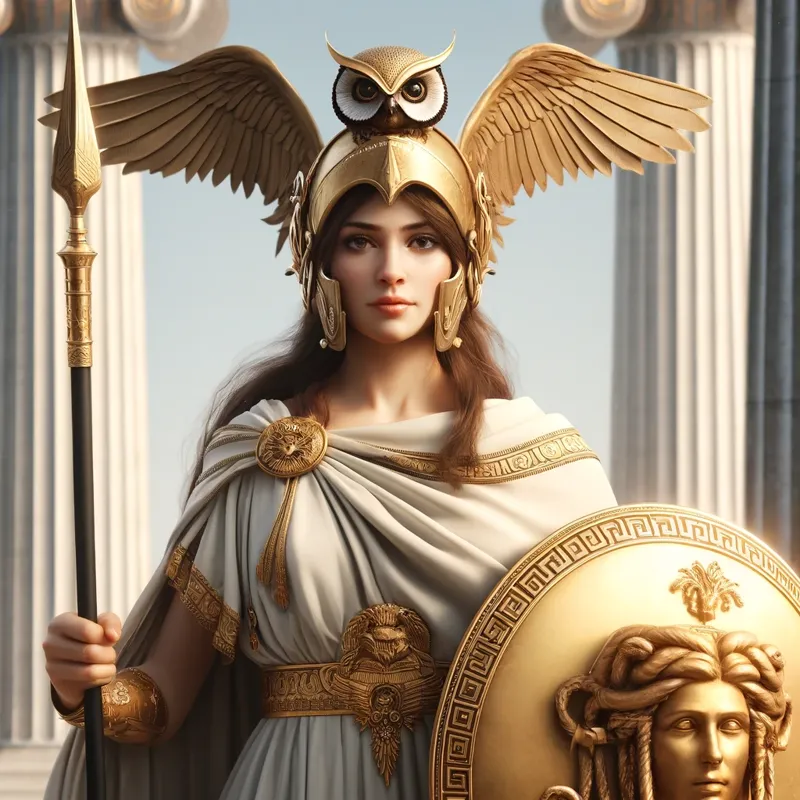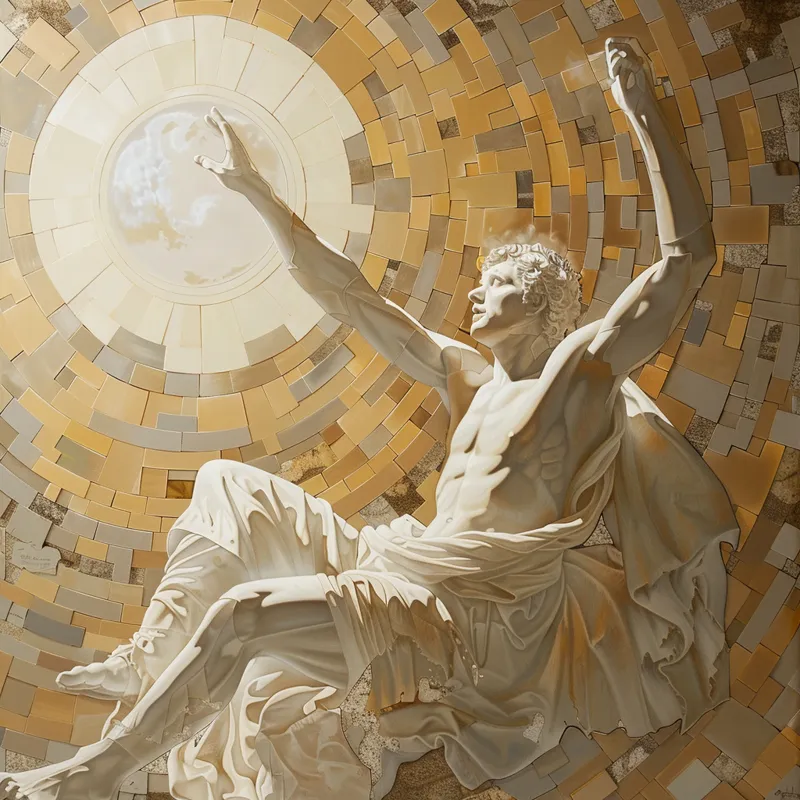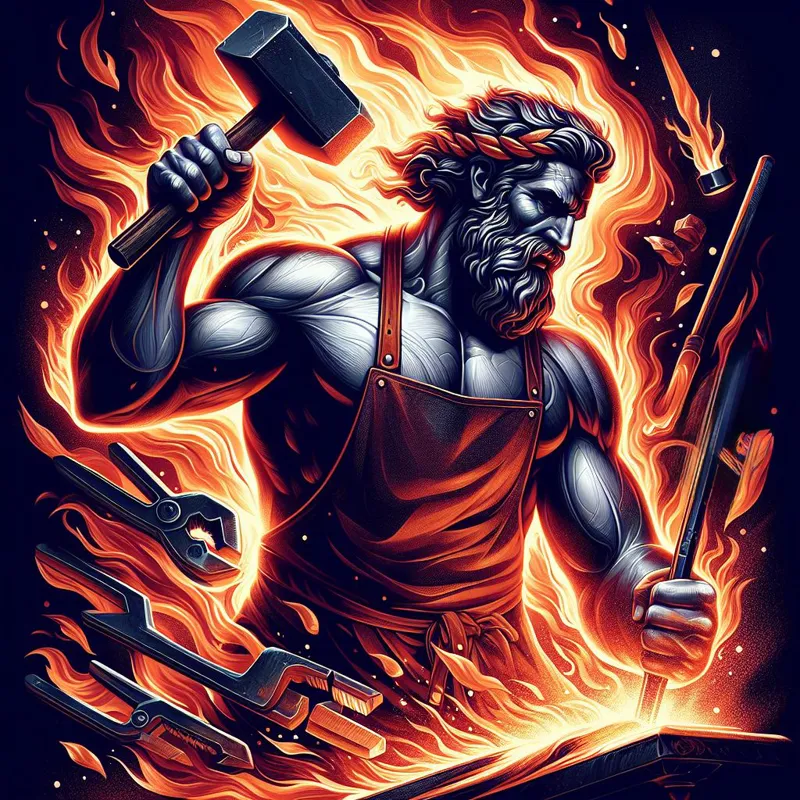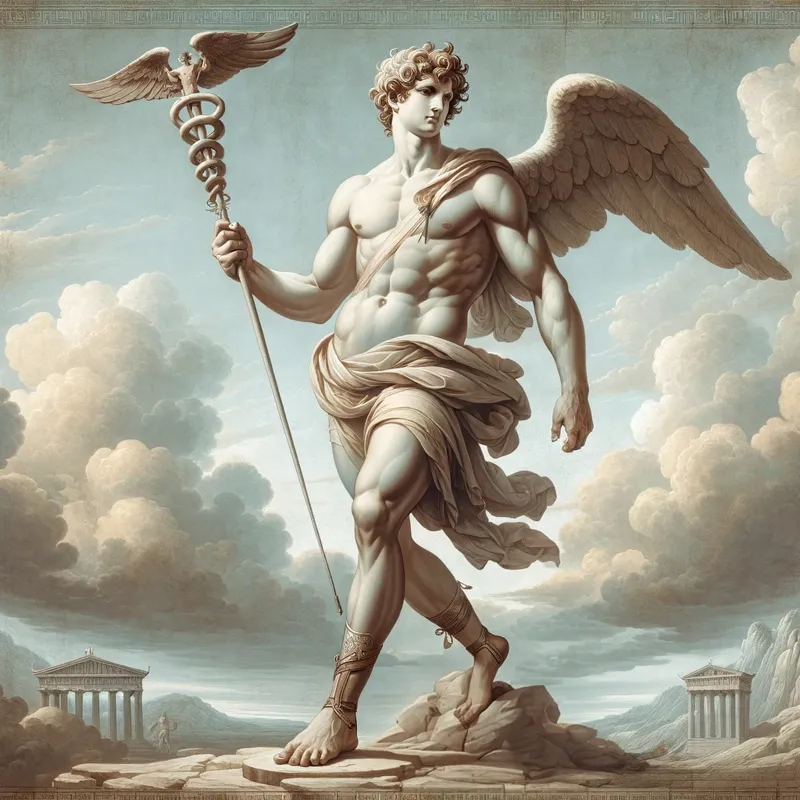
Metallic birds corrupt the land
In the ancient realm of Greece, where myths and gods held dominion, there lived a hero named Hercules. His immense strength and bravery were matched only by his tragic flaws. Faced with the consequences of his actions, Hercules found himself imposed with a penance by the gods.
Twelve labors, seemingly impossible feats, were laid upon him by King Eurystheus. These tasks, daunting and arduous, served as his atonement, guiding him through a journey of redemption and valor. Undeterred, Hercules embraced each challenge with unwavering determination. This is the story of his sixth labor, a quest that took him to the murky marshes of Stymphalia, where a flock of terrifying birds threatened the land.
The Challenge Unveiled

Entering the marshes
One day, King Eurystheus summoned Hercules to his court and spoke of the Stymphalian Birds – ferocious creatures with sharp beaks and metallic feathers that rained terror upon the countryside. Their droppings poisoned the earth, and their wings blotted out the sun. The king commanded Hercules to rid the land of this menace, a task deemed impossible by many.

The centaur Chiron
To begin his journey, Hercules traveled through dense forests and treacherous mountains, guided by the advice of the wise centaur Chiron.
The Battle with the Birds
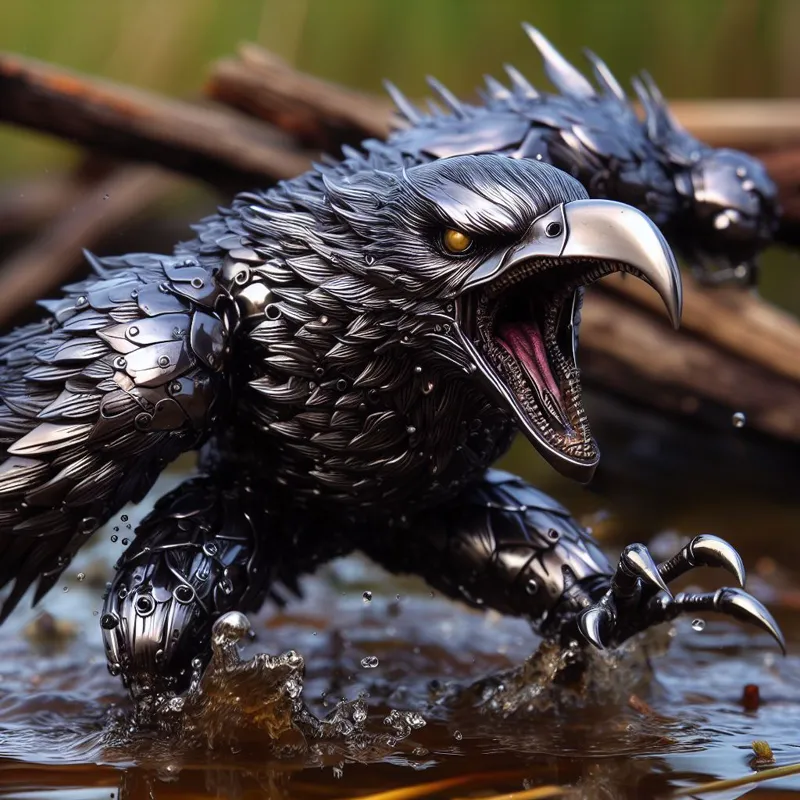
Feathers and fury
As Hercules entered the heart of the marshes, the Stymphalian Birds descended upon him like a storm. Their metallic feathers clanged together, creating a cacophony that echoed through the wetlands.

Bow and arrow
Their eyes glowed with a malevolent hunger as they circled overhead, ready to strike at any moment. Undeterred, Hercules drew his bow and arrow, aiming at the heart of the flock. With unparalleled skill, he released his arrows, piercing the sky and bringing down several of the creatures.

The birds hide among the reeds
Yet, the birds were relentless, their numbers seeming endless as the vast majority of the birds were able to evade Hercules' arrows by hiding among the reeds.
Divine Assistance

Praying for assistance
Realizing the magnitude of his challenge, Hercules prayed to the gods for aid. In response, the goddess Athena bestowed upon him a pair of magical bronze krotala, clappers that made a loud noise when clashed together.
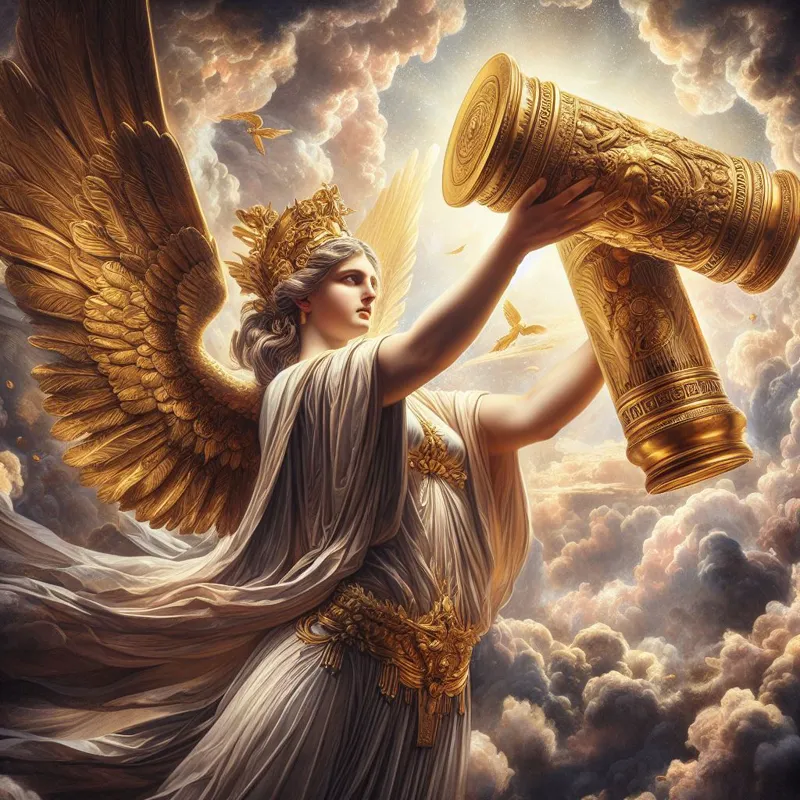
Athena the goddess of wisdom and warefare
Taking the krotala, Hercules clashed them together with a deafening sound. The noise echoed through the marshes, disorienting the Stymphalian Birds and startling them into flight.
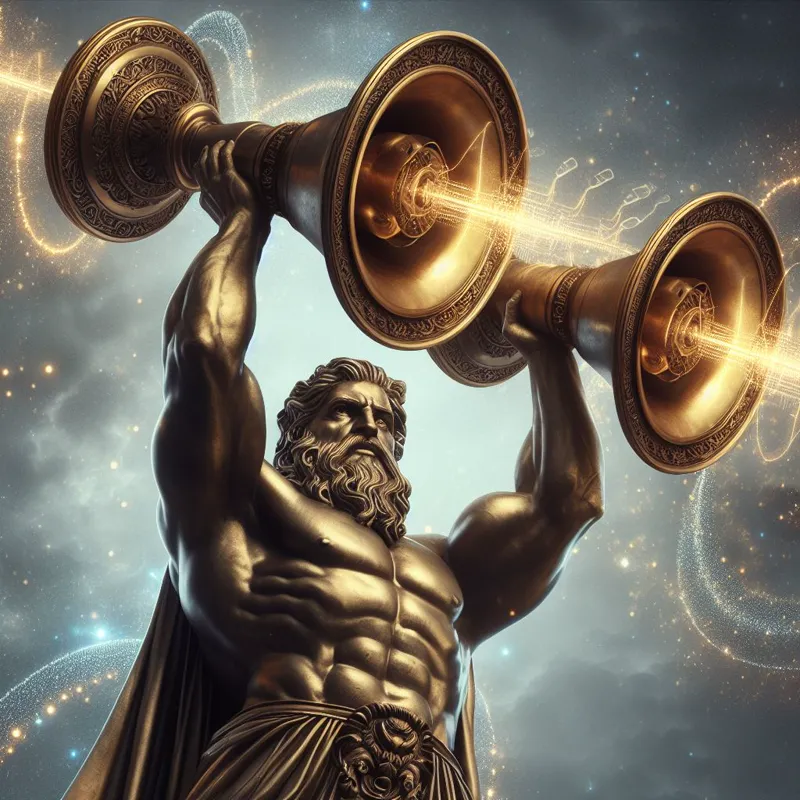
A deafening sound pierces the marshes
Seizing the opportunity, Hercules attacked, his arrows finding their mark as the birds struggled to regain their composure.
The Completion of the Sixth Labor

The Stymphalian Birds take flight
After a fierce battle, Hercules successfully defeated the Stymphalian Birds. The people living around the lake rejoiced, thankful for Hercules’ bravery and determination. The region was finally free from the terror that had plagued them, and Hercules emerged victorious once again, proving his prowess as the greatest hero of ancient Greece.

Hercules' arrows strike true
He collected their feathers and presented them to King Eurystheus as proof of his victory. The people of Stymphalos rejoiced, grateful for Hercules' bravery and the peace he had brought to their once-troubled land.
The Cleansing of the Land

A gift for King Eurystheus
Nature itself seemed to respond to Hercules' efforts, as if celebrating the freedom from the avian menace. The once-fertile fields, marred by the creatures' presence, started to recover. The waters of the Stymphalian Lake, once contaminated by the birds' foul presence, began to clear.

The people of Stymphalos rejoice
The cleansing of the land became a symbolic gesture, signifying the restoration of peace and harmony to a region long tormented by fear.
As Hercules reflected on his journey. Her understood that each labor had taught him valuable lessons about strength, courage, and the importance of seeking help from the gods and others. Despite the challenges he faced, Hercules remained steadfast in his determination to complete his tasks and redeem himself in the eyes of the gods and the people he had wronged.

